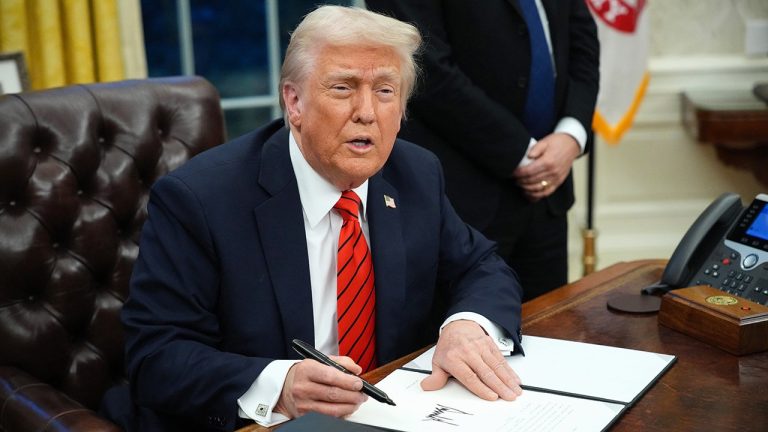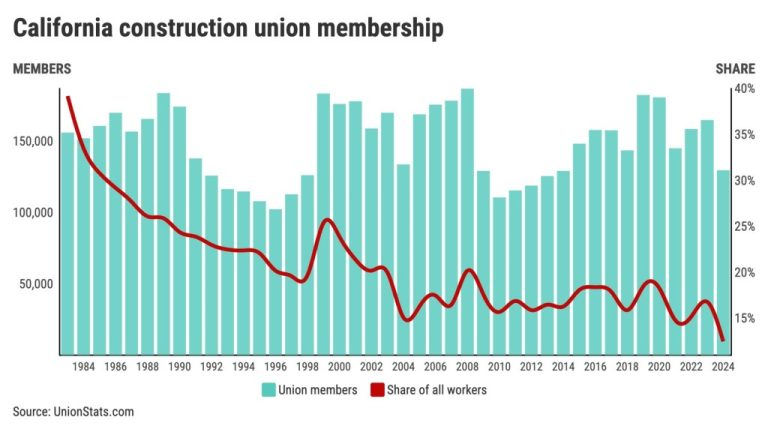
Savers with Cash ISAs will be able to save another £20,000 in their accounts from Sunday, April 6 when the new tax year resets again. Cash ISA limits have not been cut by Rachel Reeves for this upcoming tax year, despite months of speculation around the tax-free savings rules. It means savers will be free to deposit another £20,000 in their tax-free savings accounts from tomorrow, this Sunday.
Speculation ran rampant for months that the Chancellor was set to cut the limits on Cash ISAs from the current £20,000 level to as little as £4,000, but in last week’s spring statement, the Chancellor did not make any change to the tax-free savings accounts, with rumours that any tweaks could be delayed until the autumn Budget instead.
It means that savers are free to stash up to £20,000 into their tax-free Cash ISA before April 5, as long as they haven’t already maxed out their allowance in existing ISAs so far this tax year. They will then also have another £20,000 allowance open to them from Sunday, April 6, 2025 until April 5, 2026, as any changes that do come in future, if they come, will not be implemented before the following tax year, 2026-27.
If you still haven’t maxed out your Cash ISA for this year, you have until midnight on Saturday to do it before the limits reset and then from Sunday morning you will be free to add up to another £20,000 tax-free for the new tax year.
Treasury Minister Emma Reynolds refused to rule out cuts to Cash ISA limits in the future. She previously told MPs that the Government is “committed to promoting savings and investment”, amid reports that Chancellor Rachel Reeves is considering a proposal to cut the maximum annual amount from £20,000 to £4,000.
Ms Reynolds, asked by Labour Treasury Committee chairwoman Dame Meg Hillier about the security of the Cash ISA, told Treasury questions in the Commons: “Cash savings provide a vital source of savings for a rainy day, we recognise that.
“But equally, we want to build a better investment culture in our society so that it’s not just the 8% of people who can afford financial advice who can have the opportunity of better rewards by investing in British companies and others in our economy.”





